Jakarta, 03 Syawal 1437/08 July 2016 (MINA) – From trade to energy to military hardware, Russia is wooing South-east Asia as it tries to diversify its trading partners and bolster its ailing economy.
Western economic sanctions have dragged its economy into recession. The country has also been hurt by weak energy prices, spurring it to embrace anew a region where the influence of the United States, China and Japan runs deep, The Wall Street Journal (WSJ) reported.
ASEAN’s 10 fast-growing members, with a combined US$2.6 trillion (S$3.5 trillion) economy, rapidly growing energy needs and rising military budgets, are a prime market for Russia’s top exports: hydrocarbons, energy technology and weapons.
Russian President Vladimir Putin in May signalled the new thrust by hosting the first summit of South-east Asian nations on Russian soil, setting the stage for new business and trade deals.
“You are starting to see not just trade deals but also military security participation and presence, and the multilateral engagement too,” Associate Professor Matthew Sussex, a Russia specialist at the Australian National University, told WSJ. “What you are seeing now is evidence that Russia is serious.”
After the Soviet Union’s dissolution in the 1990s, Russia pulled back worldwide. Now it is resurrecting military ties in South-east Asia and the broader region. In the past two years, it has returned to Vietnam’s Cam Ranh military installation, gaining docking privileges, using its airbase to fly refuelling tankers into the Pacific and helping Vietnam build a submarine base there.
Spurred on by regional instability, military spending in Indonesia, Singapore, Thailand, Malaysia and the Philippines reached record levels last year, according to the Stockholm International Peace Research Institute. WSJ reported that Russia satisfied much of that new demand. In the five-year period through 2015, Russian arms sales to South-east Asia more than doubled to nearly US$5 billion from the preceding five-year period.
Also Read: Indonesia’s Hajj Ministry Engages Local MSMEs to Strengthen Catering for 2026 Pilgrims
A Moscow-led group of former Soviet states concluded a free trade deal last year with Vietnam. It is now pushing to include the whole ASEAN bloc, where Russia accounts for just 1 per cent of regional trade.
Ms Veronika Novoseltseva, a counsellor at the Russian Embassy in Jakarta, told WSJ that ties between her country and the region are “on the move now” and becoming “much more detailed and much more concrete in various spheres”.
She said a new wave of Russian businesses in Indonesia are shifting from a focus on agriculture and raw goods to high-tech ventures such as air navigation and satellites. (T/R07/R01)
Mi’raj Islamic News Agency (MINA)
Also Read: Indonesia Denies Being Destination for Forced Relocation of Gaza Residents





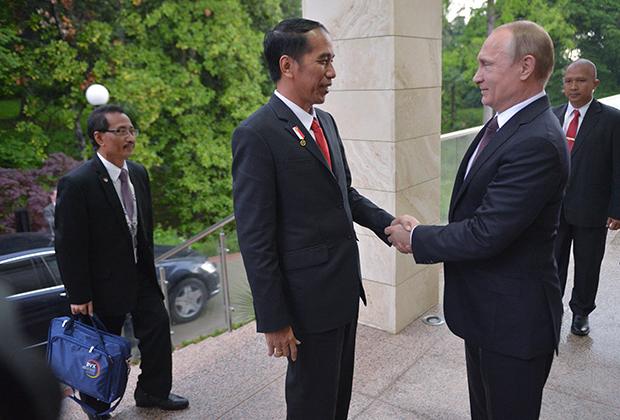

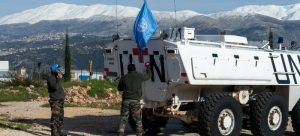
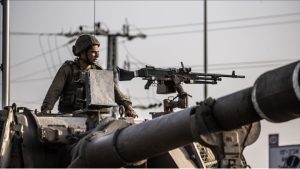


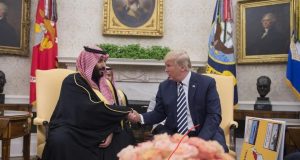

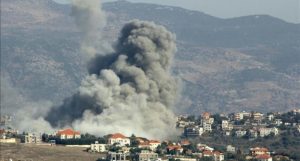
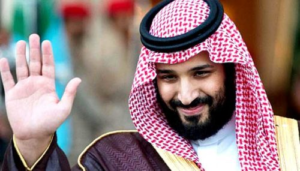
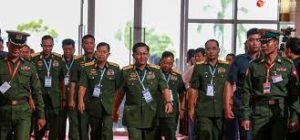
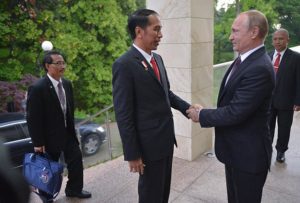












 Mina Indonesia
Mina Indonesia Mina Arabic
Mina Arabic